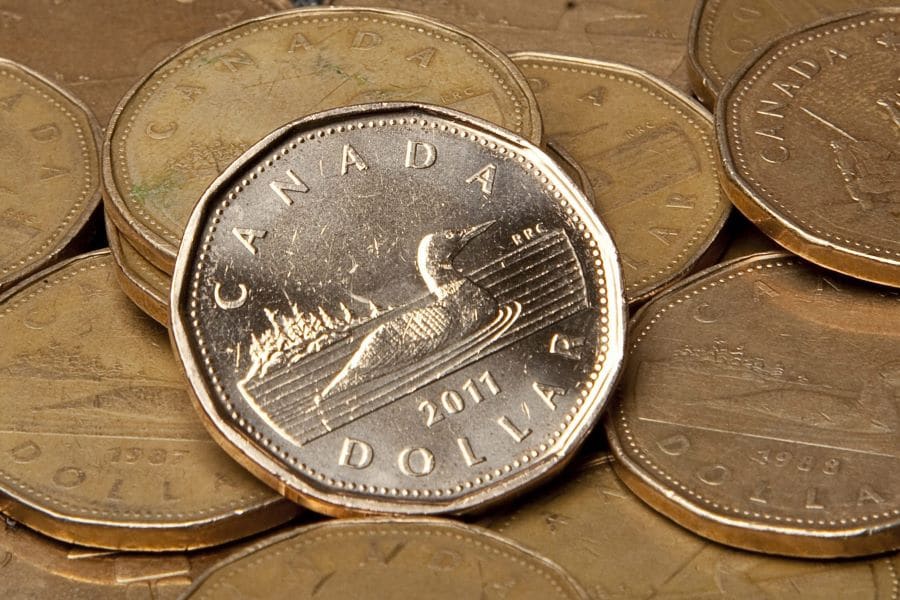
by Leah Eichler | 11 Oct 2022 | Americas, Personal Reflections
Canada lives in the shadow of its superpower neighbor. But it’s the U.S.’s biggest trading partner and admits many immigrants. Canada matters. Canadian dollars are called “loonies.” (AP Photo/JONATHAN HAYWARD, Canadian Press) Polite, quick to...
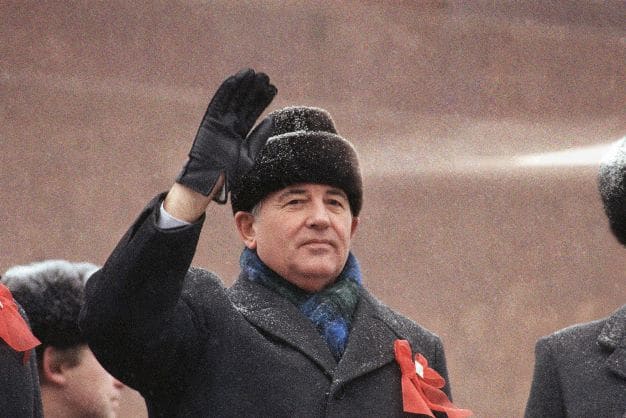
by Nelson Graves | 1 Sep 2022 | Educators' Catalog, Eyewitness, Politics, World
Alternately revered and vilified, Mikhail Gorbachev shaped history as the last Soviet leader. Our correspondents recall his impact and legacy. Soviet President Mikhail Gorbachev waves during a military parade marking the anniversary of the Bolshevik revolution, Red...
At a time of sharp division between the West and Russia, News Decoder remembers an era when another intractable divide was bridged. At the height of the Cold War, two adversaries, U.S. President Ronald Reagan and Soviet leader Mikhail Gorbachev, forged an agreement to reduce nuclear arms. Alternately revered and vilified, Gorbachev shaped history as the last Soviet leader and the one whose decisions helped lift the Iron Curtain. To mark Gorbachev’s death, News Decoder correspondents who covered the collapse of the Soviet Union examine how the former Soviet leader’s legacy has evolved over time.
Exercise: Gorbachev left an ambiguous legacy. He is heralded in much of the West but viewed less favorably in Russia. Can your student’s identify other historical or contemporary figures who are viewed in a contradictory way? What’s at the root of such contradictory perspectives?
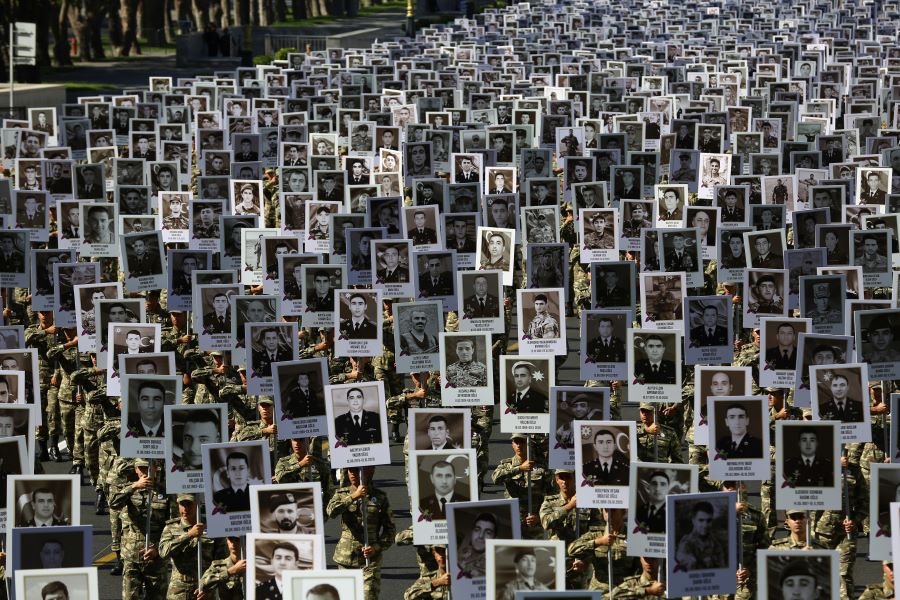
by Bryson Hull | 9 Aug 2022 | Conflict, Decoders, Educators' Catalog, Politics, World
A conflict between Armenia and Azerbaijan is heating up as the war in Ukraine prompts geopolitical realignments, with implications for outside powers including the West and Russia. Azerbaijani soldiers carry portraits of soldiers killed during fighting over...
“It is easy to pay little attention or to even ignore regional conflicts, but they can hold the key to understanding larger political currents in the world.” Correspondent Bryson Hull’s words remind us of why a simmering conflict in the Caucuses between Armenia and Azerbaijan has potential implications for all of us. News Decoder is premised on the notion that young people know a great deal, through headlines on their screens, about what is happening in the world but, because they are young, can have difficulty connecting the dots and understanding why far-away events matter to them. Hull offers a clear explanation of why fighting over Nagorno-Karabakh appears periodically in those headlines, and then disappears, only to reappear some day, like so many other intractable conflicts in distant places.
Exercise: Ask your students to identify a regional conflict that became a proxy for armed competition involving stronger powers.
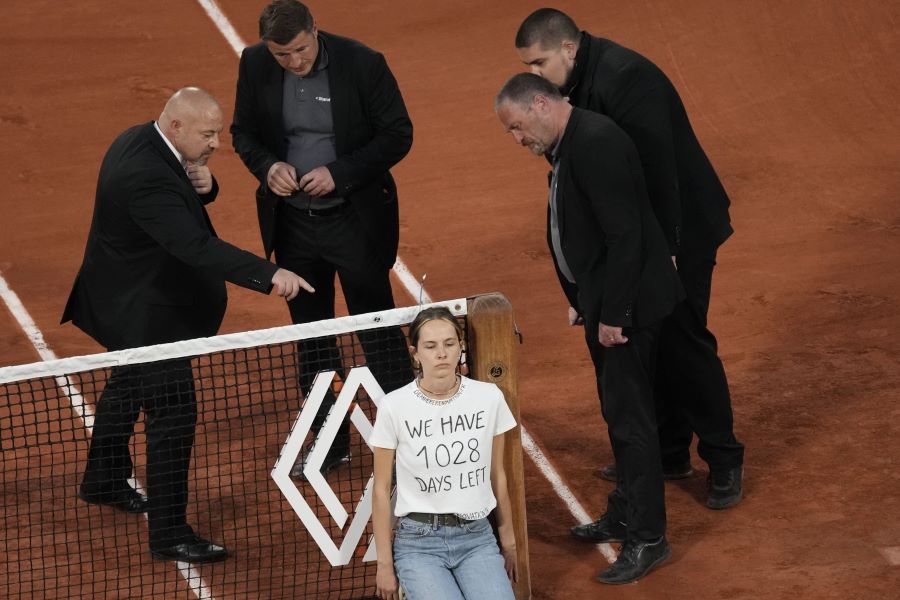
by Alister Doyle | 29 Jun 2022 | Climate change, Environment
Governments often set, then fail to meet, goals for fighting global warming. Do deadlines help? Or does “blah blah blah” of unkept vows hurt the planet? Climate activist Alizée tied herself to the net at the French Open tennis tournament in Paris, France, 3 June 2022....
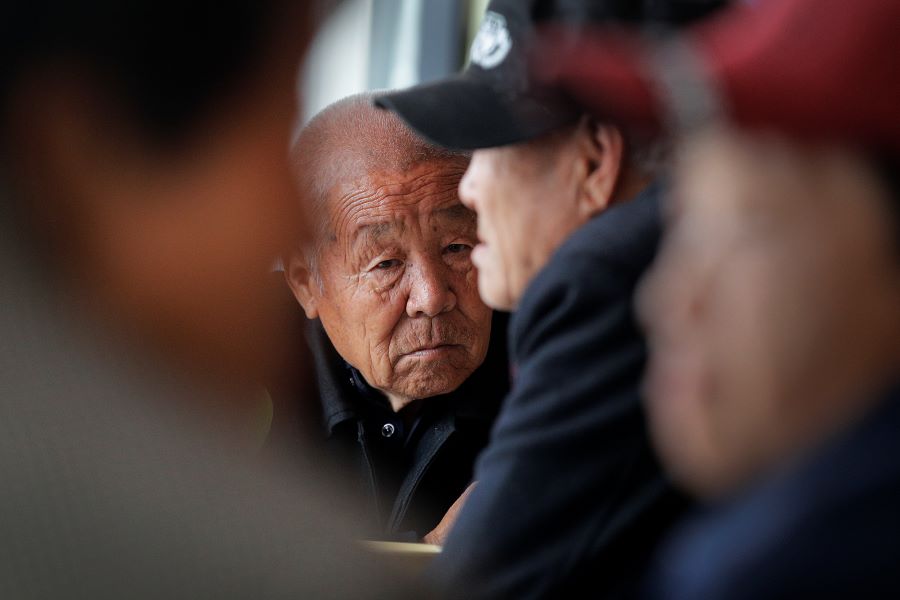
by John West | 24 Jun 2022 | Economy, Future of Democracy, Human Rights, Politics, World
Many have predicted this would be the ‘Asian Century.’ But the world is increasingly fractured as we enter a new “Cold War.” Elderly wait for a free vegetarian lunch in Dingxing, southwest of Beijing, China, 13 May 2021. (AP Photo/Andy Wong) For some...





